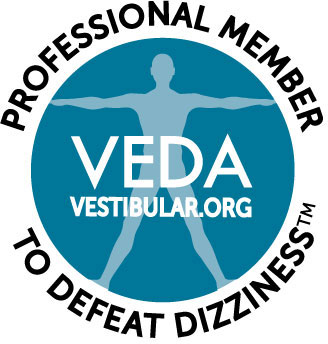In order for your eyes to work together efficiently, their movement must be perfectly coordinated. If this does not happen, you may suffer from binocular vision dysfunction, or BVD, which is one of the most common causes of headaches, dizziness and other problematic symptoms.

At the Neuro Visual Center of New York, we understand the importance of taking care of your eyes, and part of this care involves checking binocular vision along with visual acuity. According to an editorial in the Optometry & Vision Development Journal, in 2010 alone, 56 percent of men, women and young adults showed symptoms of BVD. Here we’ll discuss how BVD affects vision and what we can do to help treat it and other binocular vision problems.
The Basics of BVD
Binocular vision dysfunction is a condition in which the eyes don’t align properly with each other. While the brain can and does correct this problem, it’s not without a great amount of effort. Because of the strain put on the eye muscles during this process, those with BVD can experience double vision symptoms, headaches, dizziness, disorientation and reading problems. Patients with BVD can experience one or all of these symptoms, which can make it very hard to diagnose the condition. These symptoms can be triggered by a variety of actions, such as the following:
- Using the computer.
- Moving the head up-and-down or side-to-side.
- Riding in a car as a passenger.
- Driving around curves.
Other Binocular Vision Problems
Along with the aforementioned symptoms of BVD, additional problems associated with the condition include:
- Vertical Heterophoria (VH). This is a condition in which there’s a very slight, often imperceptible difference in the height of the eyes. The right eye may be marginally higher than the left eye or vice versa. If not detected and treated, VH can cause pain and discomfort throughout the patient’s life.
- Post Concussive Syndrome. This condition can develop following a blow to the head sustained during a sporting event, motor vehicle accident, military action or other trauma. When a patient has post concussive syndrome, the headaches and dizziness that commonly characterize the condition can last for weeks or even months.
Where to Turn for Treatment
For treatment of these types of visual conditions, contact the Neuro Visual Center of New York. Our doctors can provide treatment for symptoms of BVD, vertical heterophoria, post concussive syndrome and more. Our services include comprehensive neurovisual and optometric exams and treatment with aligning prismatic lenses and prism contact lenses.
Don’t let BVD get in the way of living a happy, healthy, comfortable life. Call the Neuro Visual Center of New York at (516) 224-4888 today to learn more about our services.





